A Paris appeals court on Wednesday confirmed a conviction for former president Nicolas Sarkozy over illegal campaign financing but lightened his original one-year prison sentence.
The appeals court said he should serve six months, with another six months suspended. The ruling was still harsher than the one-year suspended sentence that prosecutors called for.
It remains unlikely he would ever go to prison itself with such short terms in France usually being served as a form of house arrest with a tag.
The Paris court of appeal was confirming a lower court’s guilty verdict for Sarkozy, who was convicted of hiding illegal overspending in his unsuccessful 2012 re-election campaign.
His lawyer Vincent Desry immediately said the combative ex-president would challenge the appeal verdict at France’s highest court.
Mr Nicolas Sarkozy is fully innocent. He has taken note of this decision and he has decided to appeal to the Court of Cassation,” he told reporters.
“He therefore maintains his fight, his position in this matter,” he added.
Sarkozy has faced a litany of legal problems since his sole term in office between 2007 and 2012.
In a series of cases, he has been charged with corruption, bribery, influence-peddling and campaign finance infringements.
In the so-called “Bygmalion affair”, Sarkozy, 69, faced charges that his right-wing party, then known as the UMP, worked with a public relations firm to hide the true cost of his 2012 re-election bid.
When the court handed down its one-year jail term in 2021, he became France’s first post-World War II president to be sentenced to prison.
But the court specified that the sentence should take the form of electronically controlled house arrest rather than prison.
Trial in 2025 –
After Sarkozy appealed that sentence — one of 10 of the 13 defendants to do so — the appeal trial began in November last year.
Sarkozy has not so far served any jail time as his case has been winding its way through appeals.
The former French president has “vigorously” denied any wrongdoing, accusing the firm, Bygmalion, of having enriched itself behind his back.
Sarkozy has insisted that he could never have imagined that “there was a system of false invoices.”
But prosecutors said Sarkozy spent nearly 43 million euros ($47 million) on his 2012 campaign — almost double the permitted 22.5 million euros.
France sets strict limits on campaign spending.
The 13 other people — including members of the UMP party, accountants and Pygmalion executives — were found guilty of various charges, ranging from forgery and fraud to complicity in illegal campaign financing.
In 2025, Sarkozy faces trial over allegations he took money from late Libyan dictator Moamer Kadhafi to illegally fund his victorious 2007 bid for the presidency.
Despite his legal woes, the man who styled himself as the “hyper-president” while in office still enjoys considerable influence and popularity on the right of French politics.
Sarkozy has also maintained a relationship with President Emmanuel Macron. French media have reported that the pair have dined together on numerous occasions to talk politics.
Sarkozy has written books that have become major publishing events.
In his latest work, he said he would like his protege and current Interior Minister Gerald Darmanin to succeed Macron as French president, noting his “evident qualities”, although the minister has since indicated he may not run.





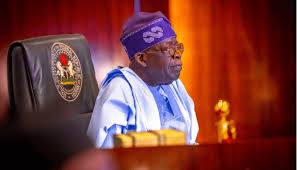

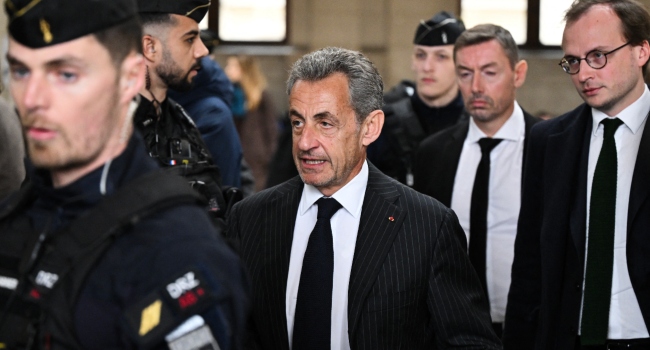




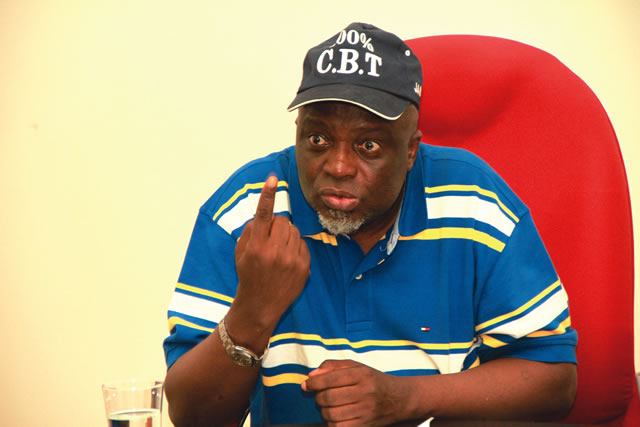
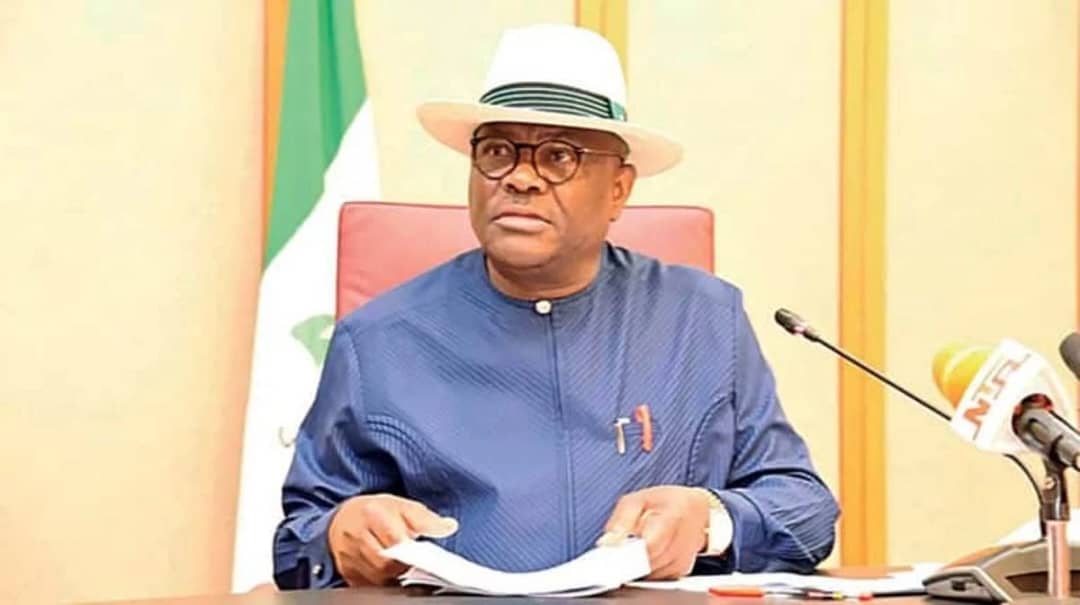
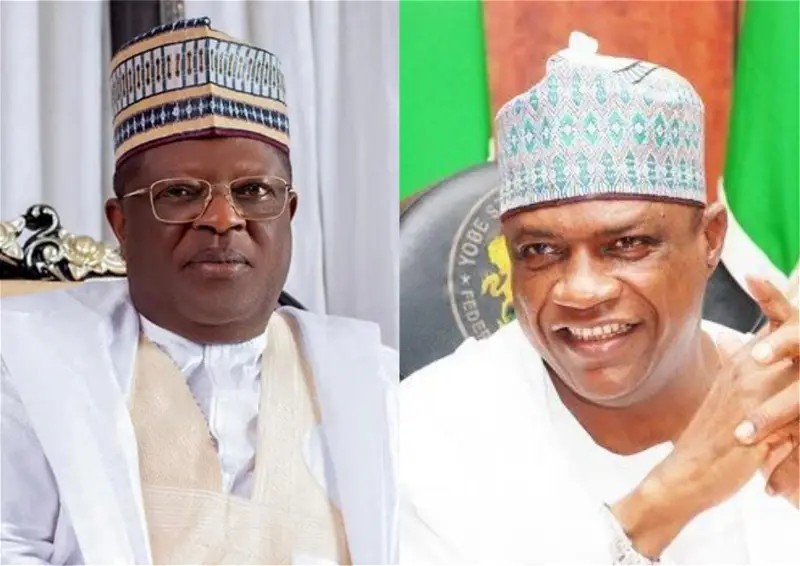




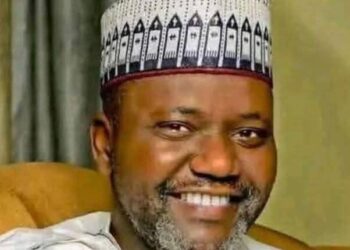


 You can install this WP plugin on your website from the WordPress official website:
You can install this WP plugin on your website from the WordPress official website: 